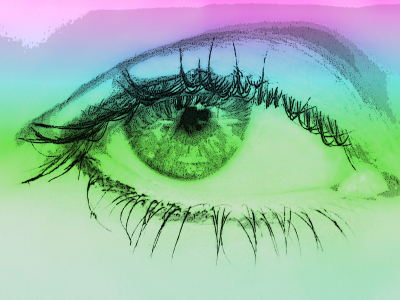
It seems like every little girl loves to dress up and play princess. From my experience, Disney princesses are usually favored identities to assume. Adorning crowns and “twirly” dresses, young ones imagine themselves as blissful royals ready to take on their own little part of the make-believe world.
The funny thing is that I’ve never met a little girl who plays the part of the princess prior to their transformation. The part of Cinderella scrubbing the floors is usually left to the movie – it is not the stuff of little ones’ dress-up time. No child is Snow White banished to the woods. We love the happily-ever-after parts of fairytales, and those are the roles we relish playing.
In a similar way we must remember that there are two parts to every Christian’s story. It is not just about the crown of glory that we will one day receive – a day that will be greater than any happily-ever-after ending that Disney concocted. It is also about the cross that we must bear while on this Earth. The Christian’s story ends in Paradise, but the road to get there does not promise to be easy.
To be chosen by God so often means at one and the same time a crown of joy and a cross of sorrow. The piercing truth is that God does not choose a person for ease and comfort and selfish joy but for a task that will take all that head and heart and hand can bring to it. God chooses us in order to use us.
Unlike the Disney princess, the Christian can joyfully approach their trials, knowing the ending that is in store. The day that we receive our eternal crown will be a glorious one indeed. In the meantime, let us not abandon the cross that God has chosen for us, but instead take it up daily in order to follow and be used by Him (Lk. 9:23).
